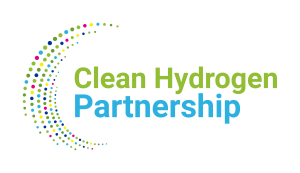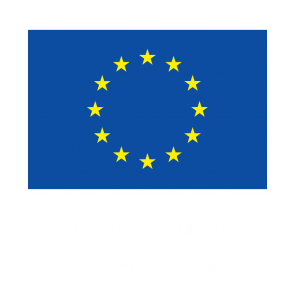partners
-
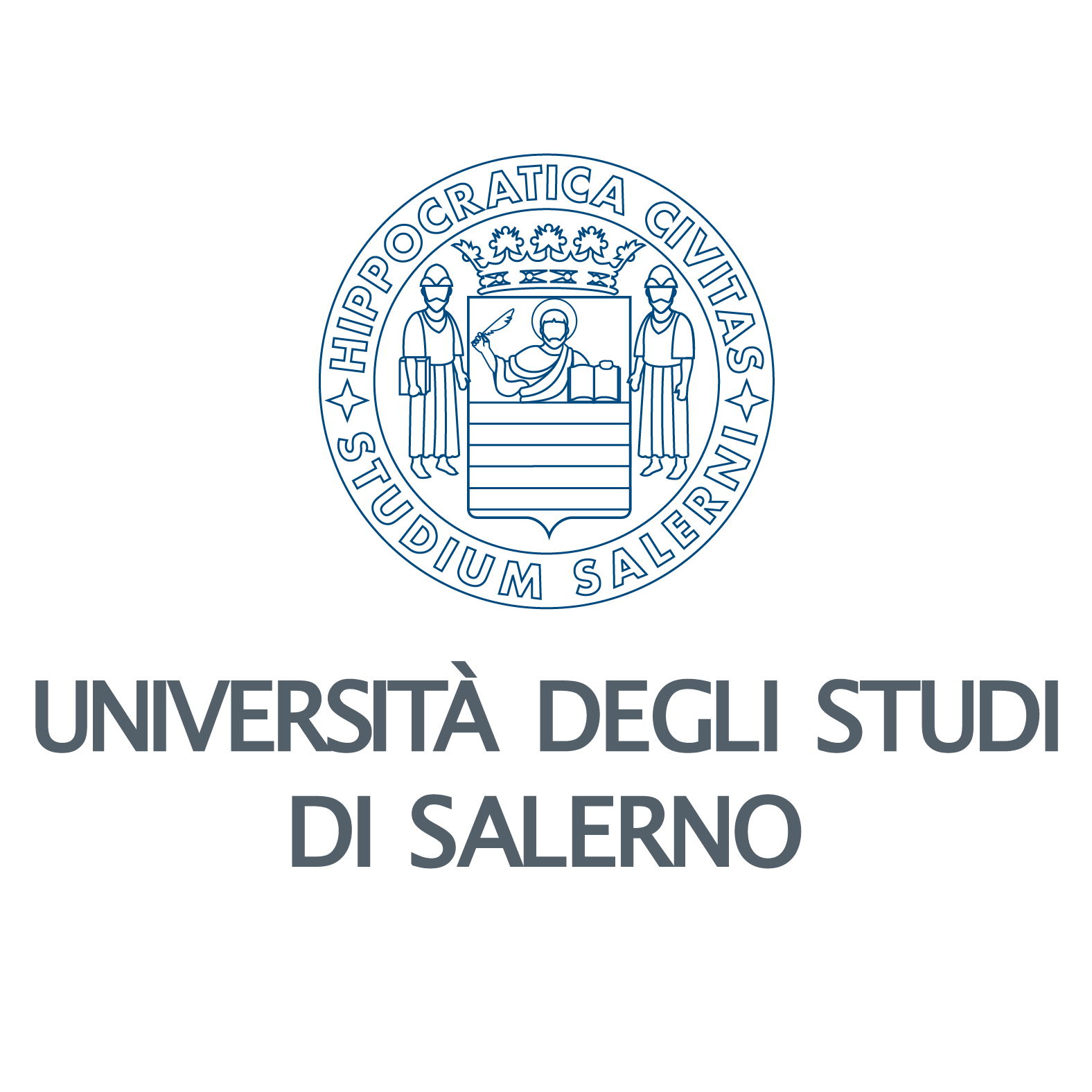 UNISA
UNISA
-
 CEA
CEA
-
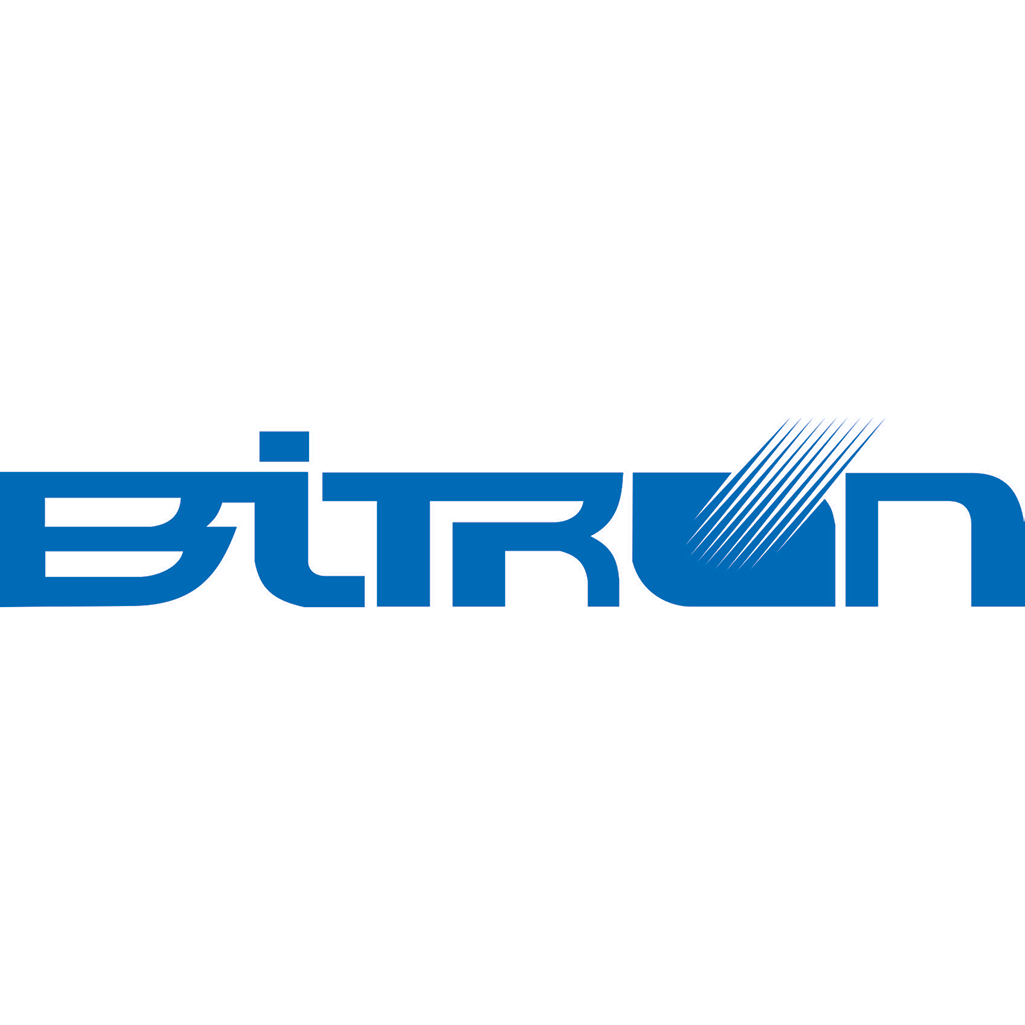 BITRON
BITRON
-
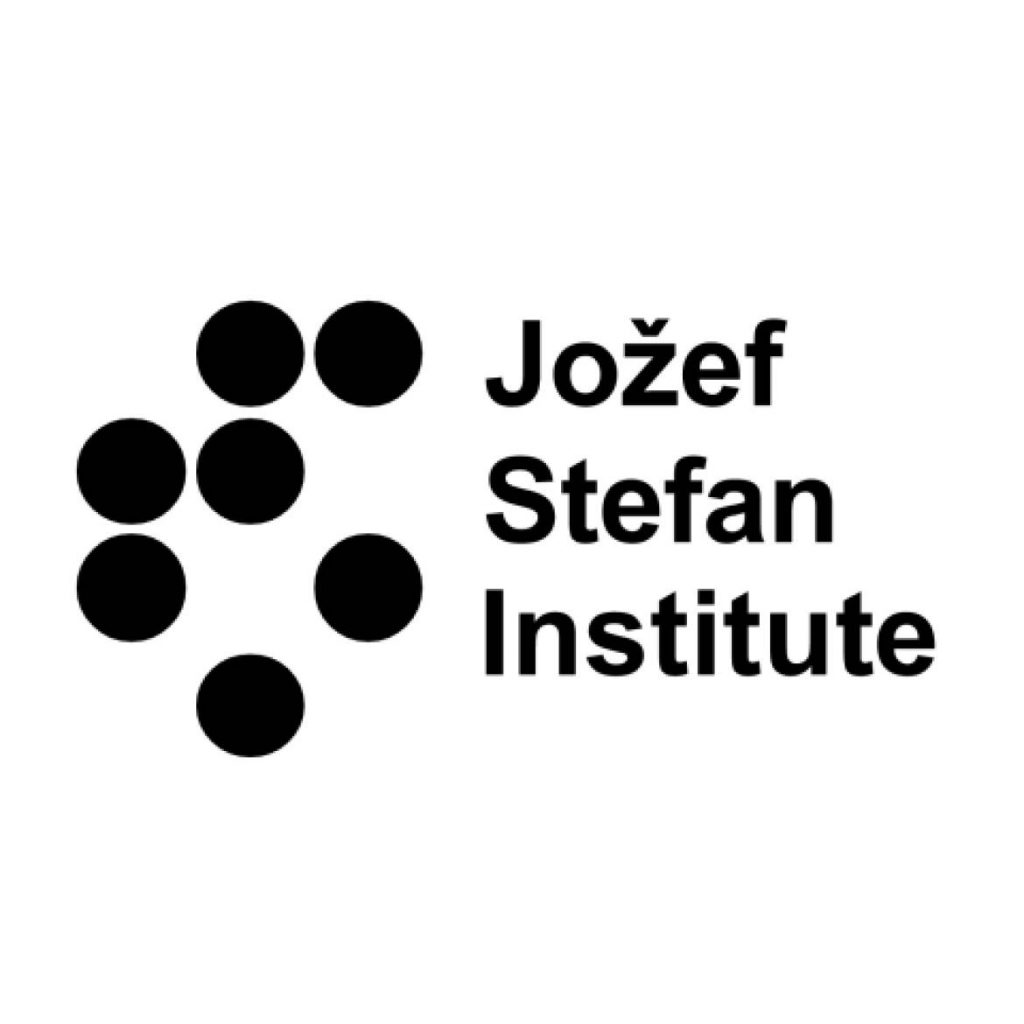 JSI
JSI
-
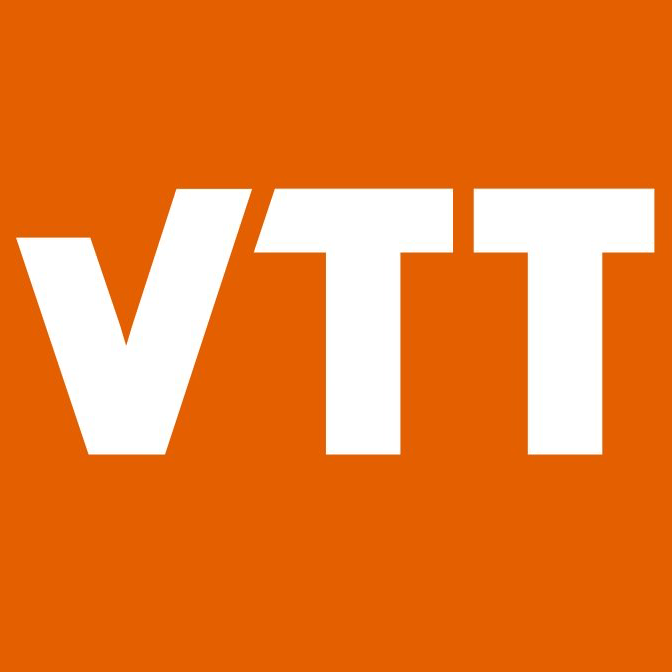 VTT
VTT
-
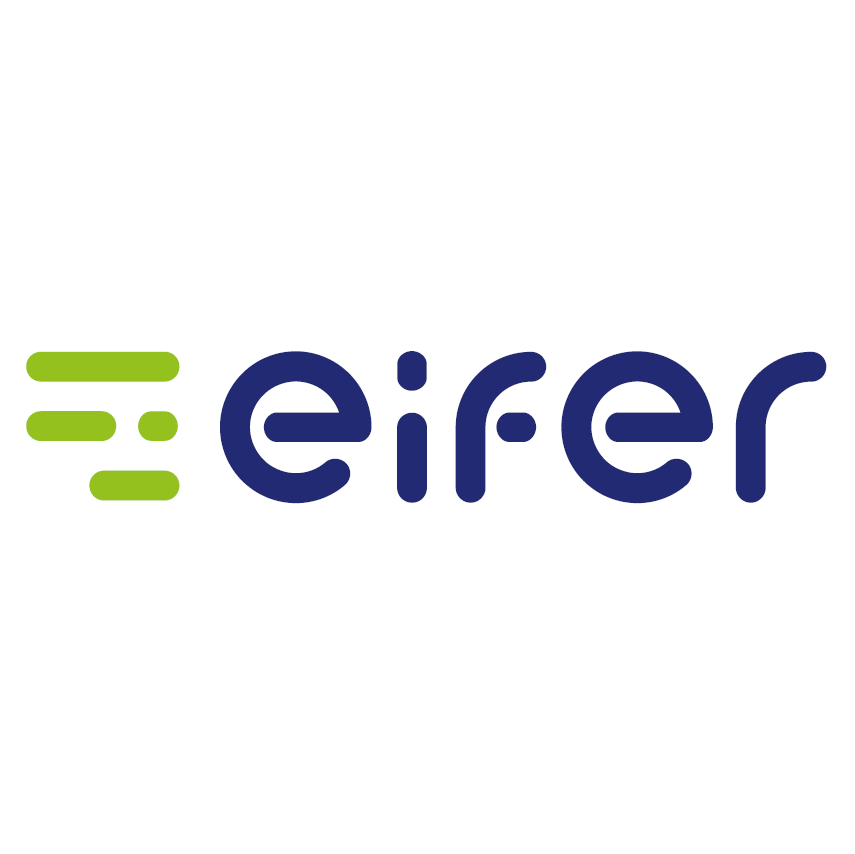 EIFER
EIFER
-
 UBFC
UBFC
-
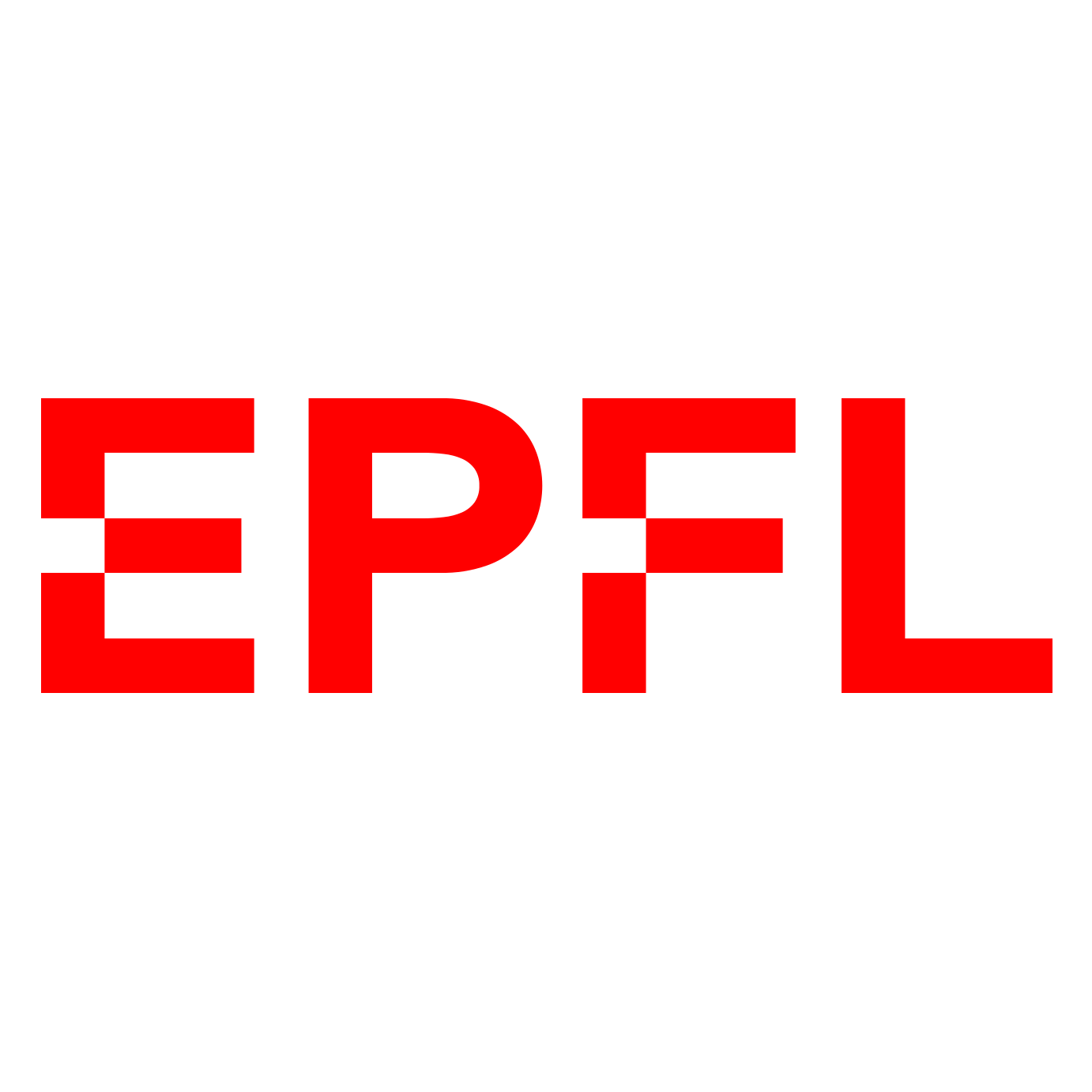 EPFL
EPFL
-
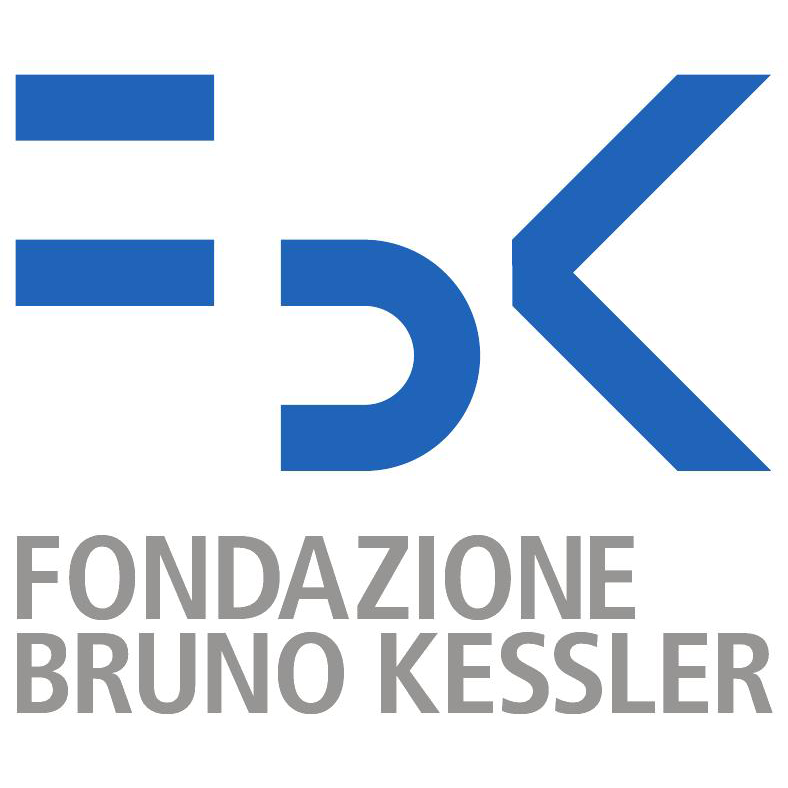 FBK
FBK
-
 NED
NED
-
 MIN
MIN
-
 SOLIDP
SOLIDP
-
 BPSE
BPSE
UNIVERSITÀ DEGLI STUDI DI SALERNO
The University of Salerno (UNISA) contributes to the project with the Department of Industrial Engineering – DIIN (Energy and Propulsion Group) and the Department of Information Engineering, Electrical Engineering and Applied Mathematics – DIEM (Electrical Engineering Group). Both departments lead and perform innovative research activ- ities within projects funded by the European Union, Italian government and industry, cooperate with universities and research centres in regional, national and international contexts. In the last two decades, many industrial applied research works have been performed for high-tech industries. About 120 Faculties and more than 80 Doctoral Stu- dents and Fellows are involved in on-going researches dealing with, among others, energy, statistics, automotive, chemistry and materials. UNISA has a large experience on diagnostics and control-related topics for Solid Oxide Cells and PEMFC. UNISA is member of the Hydrogen Europe Research group within the FCH2-JU. UNISA is member of the HER (former N.ERGHY) Research Grouping within the FCH JU and coordinated the FP7 D-CODE project and coordinates the H2020 HEALTH-CODE.
EXPERTISE AND ROLE IN THE PROJECT
UNISA will coordinate the project though the WP1 leadership and will be also WP4 and WP8 leader. UNISA will be involved in all technical WPs with main focus on the following tasks:
– Development of model-based monitoring, diagnosis, prognosis, control and mitigation algorithms based on conventional and advanced measurements for both SOFC and PEMFC systems;
– Design, development and optimization of power electronics hardware (converters, inverters and control boards) for both SOFC and PEMFC systems;
– On-board implementation of MDPC algorithms;
– Support in the optimisation of experimental plans and algorithms testing.
UNISA brings to the project competences on thermo/electro-chemistry and fluid dynamics of fuel cells grew during more than a decade of research on fuel cells for transportation and stationary systems. Methodological skills on modelling, control, diagnosis, prognosis, experimental design and analysis will be exploited for the development of on-board MDPC tool. At the same time, UNISA will contribute to the project on the basis of a significant background on industrial electronics and power electronics, especially focused on applications to renewable energy systems. This experience will be leveraged for the design, in cooperation with the industrial partners, of the hardware and firmware tools allowing to perform the on line EIS and PRBS measurements. UNISA will exploit the experience on applied research gained in five FP7 and H2020 funded projects on modelling, diagnosis and control of fuel cells. Moreover, both DIIN and DIEM groups have participated in many trans-disciplinary research and innovation projects with industries (automotive and power electronics); they will leverage the vision of advanced and mature industry sectors towards the achievement of project objectives.
COMMISSARIAT À L’ÉNERGIE ATOMIQUE ET AUX ÉNERGIES ALTERNATIVES
CEA (French Alternative Energies and Atomic Energy Commission) is a Research and Technology Organization (RTO). It aims to produce, integrate and transfer science and technology to help resolve the main EU challenges (low carbon energies, defence and security, information and healthcare technologies) and to exploit opportunities for new wealth creation, improved standards of living, and economic competitiveness. CEA brings together key players along the whole innovation chain, from fundamental to technological research, from product and process development to prototyping and demonstration, and to support full-scale implementation in the public and private sectors. CEA has a budget of 5Md€ (2017), more than 16,000 employees, filing more than 500 patents / year. Its LITEN institute (Laboratory of Innovations for New Energies Technologies) is located in Grenoble. With 750 permanent staff, it addresses the following energy applications: hybrid components for micro-power sources, solar thermal and photo- voltaic energies, hydrogen production (mainly considering SOEC) and storage, batteries and fuel cells (SOFC and PEFC (Proton Exchange Fuel Cell)). They develop technological prototypes for these applications at a significant scale and evaluate them in representative conditions, and they also analyse the benefits of these technologies thanks to techno-economical and life cycle assessment. Researchers from the Hydrogen Technologies Laboratory will be involved. Since more than 10 years, both entities are working and SOEC and SOFCs. The approach in the field of SOFC/SOEC covers cells developments, electrochemical characterization from button cells to stacks and systems, thermo-mechanical study of single components and of stacks, microstructure advanced characterization, diagnostic and complete operation modelling. LITEN also conducts researches taking advantages of the versatility of those technologies, in particular on co-electrolysis (co-SOEC) to produce syngas and subsequently synthetic fuels or mol- ecules, or on reversible SOEC/SOFC operation in order to store and release intermittent renewable energies. This approach is complemented by techno-economic analysis and life cycle assessment. With more than 50 patents and more than 60 reviewed publications in the field of SOFC/SOEC, CEA-LITEN is a recognized player in the field.
EXPERTISE AND ROLE IN THE PROJECT
CEA will be WP leader of WP3. It will carry out some experimental works on SOFC stacks, associated with diag- nostic tools, using linear excitation such as EIS and PRBS and non-linear excitation, THD in particular. This exper- imental work will be supported by modelling tasks in order to be able to perform diagnostics on the stack and system state of health, and prognostics activities.
BITRON ELECTRONICS (formerly BITRON)
Founded in 1955, BITRON designs, manufactures and markets a broad range of electronic and mechatronic devices and systems. The worldwide customer-base includes major manufacturers of cars, motorcycles, household appliances and energy systems. The quality management system is certified to ISO 9001 and ISO/TS 16949 and the environ- mental management system to ISO 14001. Recognitions include prizes from Toyota and Yamaha for project man- agement, logistics and quality. BITRON has R&D, manufacturing, sales and marketing facilities throughout the world which regularly participates in international, multi-disciplinary projects. The electronics division of BITRON Group and its main R&D centre are situated in Grugliasco (Turin), Italy. Providing cost-effective, energy-efficient hardware and software solutions, BITRON has developed custom and general purpose power electronics, controls and signal processing units, with several tens of millions of units sold. Together with the CNR in Pisa, BITRON is a founder member of SPIN Italia (Software Process Improvement Network), part of the Software Engineering Institute, a consortium aimed at embedded software quality improvement. Software/firmware development capabilities are SPICE certified (Software Process Improvement Capability determination). The close interaction between HW and SW design, procurement, quality assurance and process engineering will ensure that performance, economic, quality and reliability objectives are kept in focus throughout the project.
EXPERTISE AND ROLE IN THE PROJECT
BITRON will design and manufacture the board to be embedded into the FCS hardware for the purpose of the EIS measurement on system in field. BITRON will develop the firmware and the software for data exchange and signal treatment. They will support on-site industrial partners and their suppliers to engineer and install the HW. The work will be done on the bases of the expertise gained during the projects D-CODE, HEALTH-CODE and INSIGHT.
INSTITUT JOZEF STEFAN
Institut Jožef Stefan (IJS) is the leading Slovenian research organization. About 850 staff members are involved in a broad spectrum of basic and applied research in the areas of natural sciences and technology. The Department of Systems and Control at IJS has a notable record in methods and tools for system control at large. The team is partic- ularly known for over 200 industrial applications of advanced control technologies in various branches of industry. The team has also participated in more than a dozen of EU and international projects. The department has 24 associ- ates, 15 of which have a PhD and 3 are PhD students. Activities in the domain of fuel cells in the last decade have been dedicated to prototype design and implementation of control systems for various PEM fuel cells applications, dedicated measurement and control modules, system modelling and condition monitoring (PEMFC and SOFC) and since recently prognostics. The IJS team has been playing notable role in building strong academia-industry partner- ship in Slovenia by actively performing the role of a founder of the Development Centre for Hydrogen Technologies and Centre of Excellence Low-carbon Technologies which are two most important associations for hydrogen tech- nologies in Slovenia.
EXPERTISE AND ROLE IN THE PROJECT
The bulk of the contribution of the IJS team will be mainly involved in WP5 as WP leader, IJS will be the designer of the supervisory control system and mitigation actions. The team will contribute the control system structure, con- trol inputs, feed-forward module for accommodating the current demand, supervisory module as nonlinear program- ming problem, fault-tolerant control and soft sensors. In WP4, IJS will contribute of feature extraction and health assessment tools and stack lifetime prediction. Part of the feature extraction will build on dynamic system probing by using novel PRBS excitation (Pseudo-Random Binary Signal) and modelling the dynamic input-output relation- ship by using the newly developed class of fractional order model identification. A range of complementary feature extraction approaches will include the equivalent circuit models and parameter values of lumped models of the stack obtained by reduction of the detailed first principle models. The group will evaluate the condition indicators from available features and design inference on the degradation mechanism by guaranteeing minimal false isolation rate. In addition, the design of probabilistic models to describe the degradation as a stochastic process with some structur- ally simple model that takes into account operation cycles of the stack. IJS brings competences in advanced control systems, model predictive control, nonlinear programming, fault detection, and isolation as well as prognostics and health management at large. Experience in fundamental research and engineering design of control systems for PEMFC and SOFCs will be exploited.
TEKNOLOGIAN TUTKIMUSKESKUS VTT OY
VTT Technical Research Centre of Finland Ltd is a state owned and controlled non-profit limited liability company established by law and operating under the ownership steering of the Finnish Ministry of Employment and the Econ- omy. VTT’s activities are focused on three areas: (i) knowledge-intensive products and services, (ii) smart industry and energy systems to which also the fuel cell activities belong, and (iii) solutions for natural resources and environ- ment. VTT is impact-driven and from its wide multi-technological knowledge base, VTT can combine different technologies, produce information, upgrade technology knowledge, and create business intelligence and value added for its stakeholders. VTT is the largest public applied research activity in Northern Europe with a staff of 2600 and turnover M€ 279. VTT has 70 years of experience in addressing the needs of industry and the knowledge-based society. Over the years, VTT has participated in more than 1000 European R&D Framework Programme projects. VTT is ranked among the leading European research and technology organizations (RTOs) and is a member of N.ERGHY Research Grouping.
The VTT Fuel cells team is responsible for R&D work on fuel cells, electrolysis and hydrogen technologies carried out at VTT. Most of the team’s activities are co-funded by the Finnish Funding Agency for Technology and Innova- tion, the European research programs, the industry and VTT. At present, more than 30 different companies are in- volved in co-operative R&D with the team and during its 15 years of operation, the VTT Fuel cells team has partic- ipated in close to 20 EU-funded projects and has coordinated several of them. The team focuses on the PEMC and SOC technologies, including systems, diagnostics, applications, demonstrations, stacks, components and materials. With an extensive research laboratory facility (classified as a Large Research Infrastructure, LRI) the team supports VTT’s mission in the R&D of novel energy technologies and smart energy systems.
EXPERTISE AND ROLE IN THE PROJECT
VTT’s main role in the RUBY project is in implementing testing and evaluation of the project developments on behalf of SOFC systems’ control, monitoring and diagnostics. To this end VTT leads WP7 the work package focused on validation testing. VTT’s role in the project builds its experience in previous related projects (i.a. INSIGHT, DIAMOND) and the current existing excellent SOFC system testing facilities, which give VTT it a solid basis to proceed with SOFC control, diagnostic and lifetime development work, especially regarding system level hardware validation.
EUROPÄISCHES INSTITUT FÜR ENERGIEFORSCHUNG EDF-KIT EWIV
EIfER Europäisches Institut für Energieforschung EDF-KIT EWIV is a European Economic Interest Grouping (EEIG) between the KIT (Karlsruhe Institute of Technology) and EDF (Électricité de France), registered in Germany. Overarching the Energy and Environmental fields, EIFER aims at developing innovative tools and technologies for the energy sector. The development, the technological assessment and the potential analysis of Distributed Energy Technologies is one of the main focuses. The core activities include research on fuel cells (PEMFC, SOFC and PCFCs), batteries (several technologies) electrolysers (high- and low temperature). EIFER has multiannual experi- ence in performance, reliability, and lifetime improvement for fuel cells. EIFER was and is currently involved in several French and European public funded projects dealing with diagnosis and lifetime extension of fuel cell sys- tems. Experimental facilities dedicated to fuel cells enable to perform tests from material to system level. Key com- petencies are also grey- and black-box modelling of electrochemical devices, such as fuel cells, batteries and elec- trolysers.
EXPERTISE AND ROLE IN THE PROJECT
EIFER will lead the WP2 dedicated to experimental activity on PEM FC stacks and systems. EIFER will be involved in all technical WPs with main focus on the following tasks:
– Development of signal-based monitoring, diagnosis, prognosis, control and mitigation algorithms based on conventional and advanced measurements for PEMFC systems;
– Optimization of Test plans for PEM stacks and systems;
– Testing activities on the above mentioned technologies;
– Support in the validation of the developed MDCP tool.
EIFER brings to the project competences on diagnosis, fault analysis and system’s knowledge of fuel cells developed during years of research on fuel cells for mobility and power generation (UPS, APU, stationary, etc.) either for stationary application and for μ-grid in isolated sites. Methodological skills on modelling, control, diagnosis, prog- nosis, experimental design and analysis will be exploited for the development of on-board MDPC tool. In parallel, EIFER will contribute to the project in the field of adaptive control and mitigation strategies. EIFER has a deep knowledge of distributed generation and electric grids which can be helpful in the project in order to optimize grid- connected systems behaviour. EIFER will leverage on the experience gathered in many different EU (FP7, H2020) and national (FR, DE) funded projects on economics, materials, modelling, diagnosis and control of fuel cells.
UNIVERSITÉ BOURGOGNE FRANCHE-COMTE
University Bourgogne Franche-Comté (UBFC) is a ComUE, i.e. a public institution created by the French law of July 22, 2013, that has the same legal framework as a University (EPSCP), and whose members are public institutions of Higher Education and Research (HER) present on a territory. The UBFC was established on April 1, 2015 by the six main HER institutions of the Bourgogne Franche-Comté territory (three universities and three engineering and management schools). These member institutions have delegate the submission and administrative management of their EU projects to UBFC. Non-permanent staff from UBFC under the supervision of permanent staff of UFC will perform the scientific work. The scientific, technical and dissemination work will be performed at UBFC’s research unit, the Fuel Cell Lab (FCLAB), referred to as the FR CNRS 3539 Research Federation. FCLAB is located in Belfort and focuses its research activities on the integration, the reliability and the durability of fuel cell systems (for mobility and stationary energy applications, for PEMFC and SOFC). FCLAB has been created in January 1, 2006 and has evolved as a CNRS Research Federation (FR CNRS 3539) since January 2012. It relies on approximately 120 mem- bers that have contributed to more than 250 articles in high level international journals and have already participated to 15 European Project on fuel cells. FCLAB is a member of the Hydrogen Europe Research group (former N.ERGHY) within the FCH2-JU.
The UBFC member institutions have decided that UBFC will undertake EU research projects submitted by research institutions of UFC that will act as linked third parties. Such a possibility has been confirmed by the EU Commission in a note from DG RTD/DDG1.J/LDW/JD/mv from June 27, 2016.
EXPERTISE AND ROLE IN THE PROJECT
UBFC and its linked third party (LTP) UFC will be involved in WP1, WP2, WP4, WP7 and WP8 with main focus on the following tasks:
– Experimental tests of PEMFC system performed to feed the development of the algorithms for the monitoring, diagnosis, prognosis, control and mitigation algorithms;
– Development of data-based monitoring, diagnosis and prognosis algorithms based on conventional and advanced measurements for PEMFC systems, the development of control and mitigation algo- rithms for PEMFC systems;
– Experimental validation of the developed MDPC tool for PEMFC system.
UBFC experimental facilities allow carrying out tests on fuel cell systems with high accuracy and repeatability, in various conditions. It will bring to the project its 20 years of expertise in the design of the experimental characteri- sation of the FC systems and the validation step. As a European pioneer and leader in the diagnosis and prognosis based on signal and data, it will contribute to the development of the MDPC tool.
ECOLE POLYTECHNIQUE FEDERALE DE LAUSANNE
EPFL is one of Europe’s leading Research and Education Institutions (ranked world number 2 in the Shanghai rank- ing 2018 in the field of ‘Energy Science and Engineering’), with >5000 staff (4000 academic), almost 5000 post- graduates, and more than 10000 BSc/MSc students. The Group of Energy Materials (GEM), led by Dr. Jan Van Herle, as a part of the Mechanical Engineering Institute (IGM) in the Faculty of Engineering Sciences (STI) at EPFL, has more than 25 years’ experience on Solid Oxide R&D. Its strength is the coupling between multi-scale modelling, for both cell/stack-component and system designs, and experimental characterisation, validation and analysis on components and stacks. This coupling has allowed the optimisation for several planar stack designs and detailed modelling of degradation issues, which contributed significantly to the improvement of the SOC technology. An important activity at EPFL is the mastered use of EIS+DRT on various levels – single cells, stacks, segmented SRU – to identify and quantify the different loss processes occurring in a SOC. Among the main FCH-JU projects where EPFL contributed to monitoring, diagnostic and lifetime tools are DESIGN, ENDURANCE, INSIGHT, ProSOFC, SOFCLife. EPFL-GEM is firmly interconnected with other research groups at EPFL (e.g., energy systems optimisa- tion – IPESE; Advanced Electron Microscopy Centre – CIME). A most relevant connection in this proposal is that with the Automation Laboratory (LA – Prof. D. Bonvin) with whom GEM has collaborated for the last 10 years. LA has developed real-time optimisation (RTO) routines that have been applied to SP’s stacks and lately a complete BlueGen system.
EXPERTISE AND ROLE IN THE PROJECT
EPFL will be involved 3-fold (WP3, WP5, WP7). In WP3 EPFL will contribute with its fully equipped test laboratory for testing SP stacks in nominal and faulty conditions (WT3.3). GEM is also equipped to test 2 full BlueGen systems (WT3.4) in a further dedicated location close to its main lab. In WP5 EPFL will further apply and develop its vali- dated ground-breaking RTO control of SOFC stacks and full systems, that is equally transferable and applicable to PEFC stacks and systems. Depending on the defined objective (e.g. efficiency), as well as the operating constraints relevant to maximize lifetime (e.g. minimal stack voltage, maximal stack current density/fuel utilisation, maximal stack outlet temperature, minimal fuel flow and air lambda ratio, etc.), the existing BlueGen-validated RTO algorithm is capable of fast load following of a BlueGen while maximising efficiency and respecting all operation constraints. The unique force of the proven approach is that the optimisation is measurement-based: using a base fuel cell system model, it uses continuous measurements (inlet flows, temperature, current, voltage. etc.) and fast computations (fuel utilisation, lambda, etc.) to update the model and maintain the system in safe and optimal conditions. In WP7 EPFL will manage the testing of one μ-CHP system at the public site of Martigny. In WP6 EPFL will participate at the MDPC integration within both PEMFC and SOFC systems.
FONDAZIONE BRUNO KESSLER
FBK is a non-profit public-interest research organization located in Trento, Northern Italy, ranked nationally in 2017 at the 1st place for scientific excellence in ICT as well as for economic/social impact. With 2 scientific hubs, 7 research centers and 410 researchers, FBK aims at achieving results of excellence in science and technology, with particular emphasis on interdisciplinary approaches and to the applicative dimension. FBK conducts research in the areas of Information Technology, Materials and Microsystems, Nuclear Physics, Mathematics, and Humanities. FBK is a core funding partner of the EIT-Digital Italian node. It will contribute to the project with the FBK Data Science Research Area, in particular with its FBK/MPBA research unit, a team of 25 specialists in machine learning, deep learning and massive data analytics.
EXPERTISE AND ROLE IN THE PROJECT
FBK/MPBA has more than 15 years of expertise in application of machine learning in collaboration with industry, research organizations, and public administrations, and a reference lab for data science (organizer of the PyCon Data Italy and of EuroSciPy 2018). Its focus is the development of deep learning models for diagnostic and prognostic methods integrated in computational environments, such as interactive dashboards and cloud infrastructures for pre- dictive algorithms delivered as microservices. It has delivered deep learning technology in five EIT-Digital projects, focusing on the analytics of high throughput time series. FBK/MPBA is a computational unit partner of the US FDA in the MAQC/ SEQC initiative on reproducibility and Quality Control on massive data and a partner with CERN on Deep Learning for High Energy Physics (LHCb and ATLAS). FBK will also leverage the expertise of the Center for Materials and Microsystems research unit on Applied Research on Energy Systems (ARES), led by Luigi Crema. ARES is a partner in EERA (full member inside the JPs Concentrated Solar Power and Fuel Cells and Hydrogen), member of Hydrogen Europe Research (involved in the role of Committee Leader CT3, engaged in Mission Innova- tion IC8). Notably, FBK has key roles in the Italian Association on Hydrogen and Fuel Cells (Vice Presidency), National Technology Cluster on Energy (Ministry of Economic Development), National Board on Energy (Ministry of Education, University and Research), among others.
In the project, FBK will develop a data analytics platform for failure detection, building the basis of an AI module (deep learning) for prediction of failure events.
NEW ENERDAY (formerly SUNFIRE)
Sunfire Fuel Cells combines more than 15 years of technological know-how development and manufacturing fuel cells stacks and systems. Based on solid oxide fuel cell technology (SOFC) we launched a micro-CHP solution Sunfire-Home to the market. Our main focus today are off-grid power solutions to provide clean fuel cell power for remote locations and infrastructures globally.
Sunfire Fuel Cells employs 20 specialists with more than 150 years of combined SOFC experience, it is based in Neubrandenburg, Germany, where develops, produces and carefully tests every fuel cell before delivery to customers. The company benefits from a well-approved and qualified supplier base. With more than 50 commercial partnerships, we leverage existing networks to offer our customers the best possible service. Sunfire Fuel Cells is one of the leading companies in the business of off-grid and remote power systems on the basis of SOFC.
EXPERTISE AND ROLE IN THE PROJECT
Sunfire provides SOFC-Systems, core modules and power electronic components as well as test results to the partners in order to carry out the project. Furthermore, Sunfire modifies his Fuel Cell Controller and relevant components in order to implement the developed algorithms into the future products.
MINERVAS
MinervaS, a spin-off company approved by the University of Salerno (Italy), specializes in the development of cutting-edge energy conversion systems. Operating within the domains of automotive powertrains and stationary applications, MinervaS harnesses the power of IoT, Digital Twin, and Machine Learning technologies for monitoring, control, and diagnostics. The company translates the findings of extensive multi-year studies and research into innovative products that enhance the environmental sustainability of energy systems, contributing to the reduction of CO2 emissions.
EXPERTISE AND ROLE IN THE PROJECT
MinervaS is strategically focused on three key areas, each aligning with its intellectual property and market approach: smart powertrain control, automotive and industrial cybersecurity, and the monitoring, diagnosis, prognosis, and control of electrochemical devices.
In the electrochemical devices’ domain, MinervaS leverages Electrochemical Impedance Spectroscopy (EIS) monitoring for swift and precise equivalent circuit model parameters’ identification. This process is crucial for deriving features used for monitoring, State of Health (SoH) and fault detection in electrochemical devices like batteries, fuel cells, and electrolysers.
SOLIDPOWER (terminated)
SOLIDpower is an international group of companies, leader in the field of SOFC (Solid Oxide Fuel Cell) technologies and manufacturer of B1ueGEN, the world’s most efficient micro-CHP (combined heat and power) appliance. Founded at the end of 2006 in Italy, it has rapidly developed into today’s corporation with branches also in Germany, Switzerland and Australia. after the important acquisitions of HTceramix SA and Ceramic Fuel Cells GmbH in 2007 and 2015. SOLIDpower is a continuously growing team of currently more than 200 people and operates two manu- facturing plants for the production of μ-CHP systems and fuel cell stacks and a highly-qualified R&D department focusing on product-improvements and new applications for the technology. In this regard, the team has already developed and tested a 10 kW system for application in data centres and takes part in different projects for the devel- opment of new commercial solutions based on SOFC technology, such as the production of hydrogen and electricity for hydrogen refuelling stations. SOLIDpower’s primary aim is to bring fuel cell μ-CHPs and other solutions to the mass market and is increasingly investing in the scaling-up of the production capacity and further technical improve- ment of their technology platform in order to guarantee a continuous cost reduction and be able to offer ready-com- mercial products at competitive prices. With more than 1000 units already installed and the development of state-of- the-art fuel cell solutions, SOLIDpower commits to contributing in first line to the energy transition of Europe.
EXPERTISE AND ROLE IN THE PROJECT
SP will contribute to the project as SOFC manufacturer with experience in testing and durability analysis. As SOFC Stack supplier for the project it will provide expertise and assistance for stack testing and it supports the other partners in the analysis of failures. As system manufacturer and fuel cell and DC/DC booster owner it will use its expertise and knowledge to the modifications of the systems in order to fulfil the project’s requirements and it will also provide the expertise to support the partner for algorithms-training in data-analysis and in model based and dynamic control algorithms. As system manufacturer experience with over 600 systems in field it will give support, data and require- ments to provide a real context where the project will be tested and validated.
BALLARD POWER SYSTEM EUROPE (terminated)
Ballard Power Systems Europe A/S (BPSE) is recognized as one of the leading players in the commercial application of fuel cell solutions. BPSE is headquartered in Hobro, Denmark, and the company’s activities are focused on three key business areas: 1) Backup Power for critical infrastructure in IT and telecom industry; 2) Technology Solutions for customized heavy-duty fuel cell solutions solving the customers technical and business challenges; 3) Fuel Cell bus service and support. In fuel cell backup power BPSE have over the last 12 years installed more than 500 units in Europe most of them in Scandinavia. The installations are for backup of critical communication infrastructure where the units are more cost-efficient than battery backup when backup time larger than 6 hours are needed. Ballard Power Systems Europe A/S was founded in January 2007. BPSE employs 50 highly skilled people and has modern research, development and production facilities. At the production facilities Ballard produces the fuel cell backup systems for the European market. BPSE has many years of experience in supplying fuel cell systems backup power primarily in Scandinavia. BPSE’s have service contracts on many of the supplied backup power systems and has a large collection of experience data from the service. The company BPSE is owned 100% by Ballard Power Systems Inc. of Canada (BPSC), who can celebrate 40-year anniversary in the fuel cell industry.
EXPERTISE AND ROLE IN THE PROJECT
BPSE has the role as partner in the project and will provide PEM based backup power system for testing the advanced diagnostic and control tools developed in the project. The company has the required engineering competences to fulfil the project work and to help validate the tools in practical testing in BPSE facilities as well as in connection with real life customer sites. BPSE have access to a large number of practical data from servicing fuel cell backup systems in critical infrastructure developed and produced at BPSE. The experience will justify participation in this project supplying input data for the tools, backup power systems and validating the finished tools in real products.
The main contribution in the project will be: Basic experienced and data from operated fuel cell backup systems in real applications. Validation of the build tools will be an important to BPSE as the tools will find inroads into the future BPSE products. BPSE as user of the developed models give input to the specification of the models. The collected data will be part of the background for developing the tools of this project. BPSE will supply the data, test systems and validate the performance during the test year in the project. Furthermore, BPSE will actively participate in all the project activities and will contribute to the dissemination and exploitation efforts.
